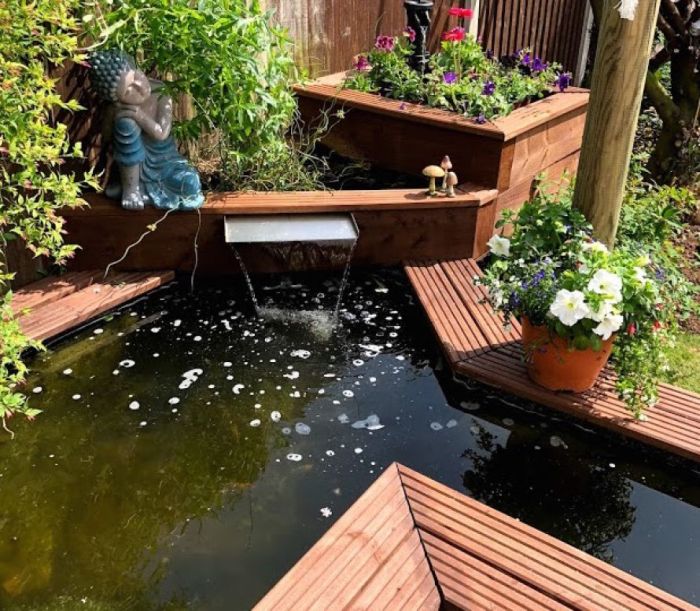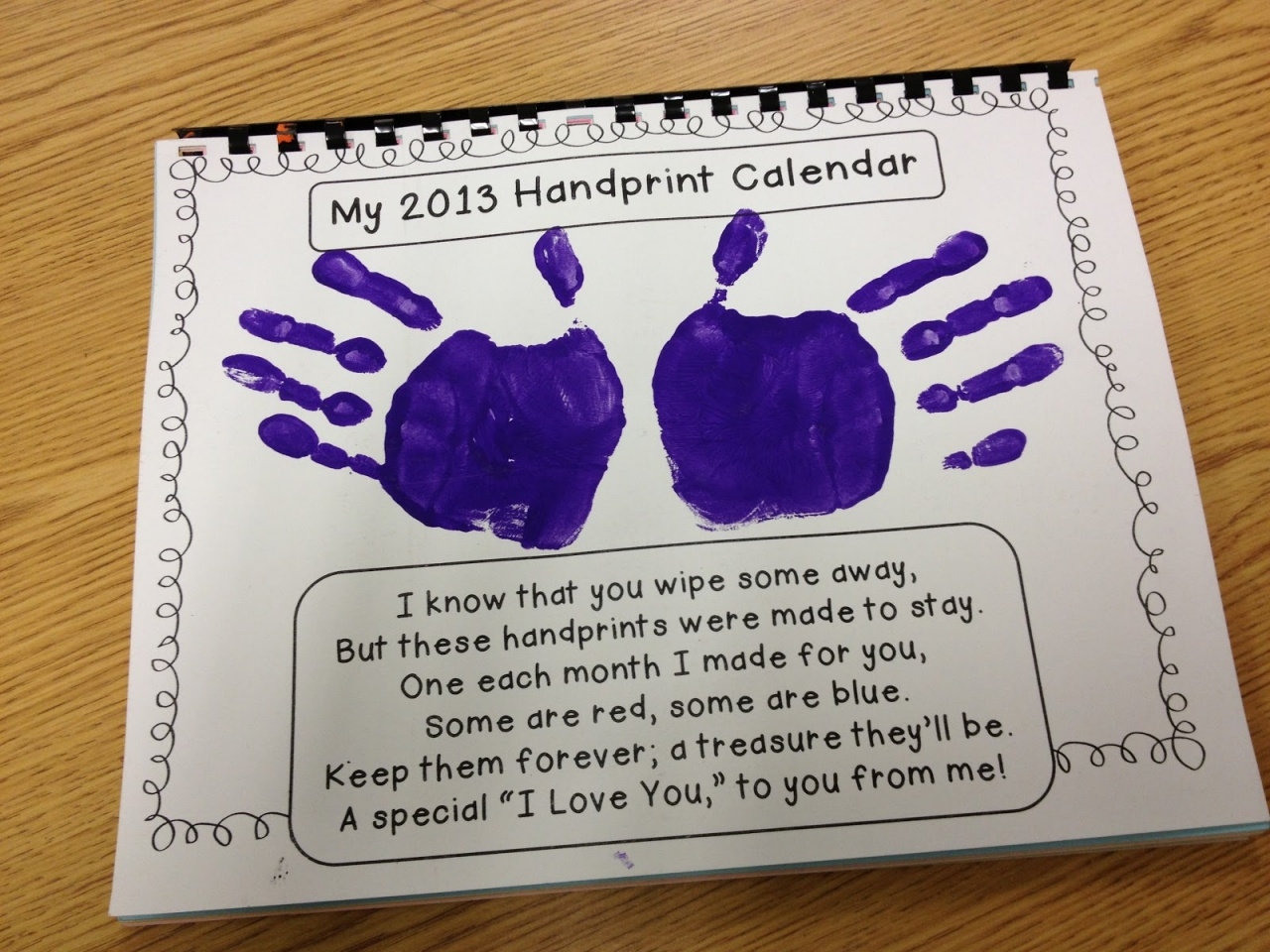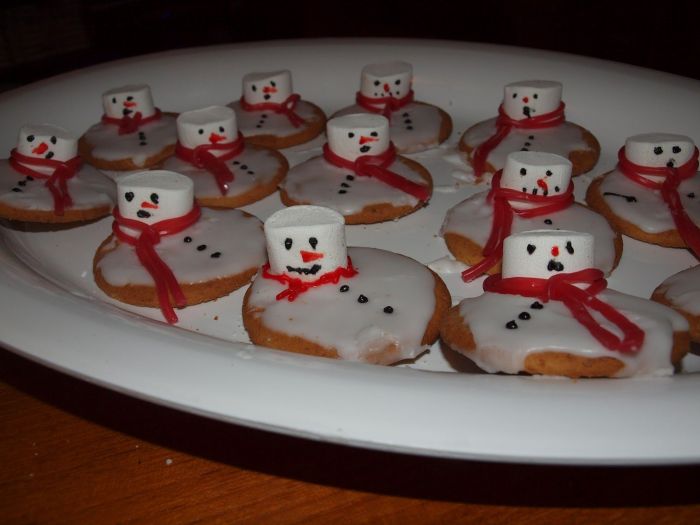Welcome to the realm of ideas for calendars KS2, where creativity and education collide! Immerse yourself in a world of captivating calendars designed to spark curiosity, foster knowledge, and make learning an unforgettable adventure. From monthly calendars adorned with seasonal wonders to interactive calendars packed with puzzles and games, get ready to explore a treasure trove of ideas that will transform your classroom or home into a vibrant hub of engagement and discovery.
Monthly Calendars with Seasonal Themes: Ideas For Calendars Ks2
Seasonal calendars provide a unique way to connect with the natural world and mark the passage of time. By incorporating illustrations or photos related to different seasons, these calendars bring a touch of the outdoors into your classroom or home.
Each month, students can engage with the changing seasons through vibrant images of blooming flowers, lush greenery, falling leaves, and snowy landscapes. This visual representation of the year’s cycle helps reinforce the concept of seasons and their impact on our surroundings.
Table Format
The calendar can be presented in a table format, with columns for each day of the week and rows for each week of the month. This allows for easy tracking of events, appointments, and important dates.
The table format also provides a clear overview of the month, making it easier for students to plan their activities and stay organized.
Historical Event Calendars
Delve into the annals of time with Historical Event Calendars! These calendars serve as chronological guides, showcasing pivotal events that shaped the past. Each entry features a concise description, inviting you to explore further with provided links to additional resources.
Notable Historical Events, Ideas for calendars ks2
- 1066: Battle of Hastings– William the Conqueror’s victory established Norman rule in England.
- 1215: Magna Carta– This charter limited the power of the English monarch, protecting the rights of citizens.
- 1776: American Declaration of Independence– The United States declared its independence from British rule.
- 1789: French Revolution– A period of radical social and political upheaval that reshaped France.
- 1945: End of World War II– The Allied Powers emerged victorious, ending the deadliest conflict in human history.
- 1969: Apollo 11 Moon Landing– Neil Armstrong and Buzz Aldrin became the first humans to walk on the Moon.
- 1989: Fall of the Berlin Wall– The iconic symbol of the Cold War crumbled, marking the reunification of Germany.
- 2001: September 11 Attacks– Terrorist attacks on the World Trade Center and Pentagon shocked the world.
Science and Nature Calendars
Science and nature calendars can help children explore the natural world and learn about scientific concepts in a fun and engaging way.
These calendars can be used to track seasonal changes, observe the life cycles of plants and animals, and learn about the phases of the moon. They can also be used to record weather data and other scientific observations.
Types of Science and Nature Calendars
- Phenology calendarstrack the timing of natural events, such as the first bloom of flowers or the arrival of migratory birds.
- Life cycle calendarsshow the different stages of a plant or animal’s life, from birth to adulthood.
- Weather calendarstrack daily weather conditions, such as temperature, precipitation, and wind speed.
- Science concept calendarsintroduce children to different scientific concepts, such as the laws of motion or the properties of light.
Benefits of Science and Nature Calendars
- Help children learn about the natural world and scientific concepts.
- Encourage children to observe and record data.
- Develop children’s critical thinking and problem-solving skills.
- Provide a fun and engaging way to learn about science.
Art and Culture Calendars
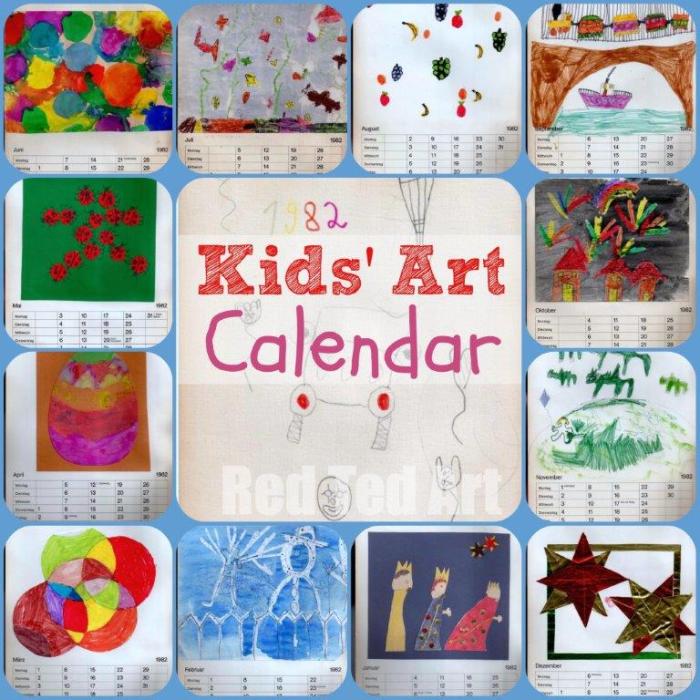
Immerse students in the vibrant world of art and culture with a calendar dedicated to showcasing various art forms. By incorporating images of iconic artworks and featuring brief biographies of renowned artists, this calendar not only provides a visual feast but also fosters an appreciation for the creators behind these masterpieces.
Quotes and Descriptions
Enrich the calendar with insightful quotes or descriptions related to the art. Use HTML blockquotes to highlight these valuable insights, encouraging students to engage with the art on a deeper level.
Activity Calendars
Inspire children’s creativity and physical well-being with Activity Calendars.
These calendars offer a year-round source of engaging activities, categorized by season or type, fostering imagination, motor skills, and a love for exploration.
Arts and Crafts
- Origami animal folding (Spring)
- Leaf rubbings and nature collages (Autumn)
- Snowflake cutting and paper snowflake art (Winter)
- Egg decorating and painting (Easter)
Games
- Hide-and-seek (All seasons)
- Tag and other running games (Summer)
- Board games and card games (Winter)
- Charades and Pictionary (All seasons)
Outdoor Adventures
- Nature scavenger hunt (All seasons)
- Picnic in the park (Summer)
- Snowball fights and sledding (Winter)
- Stargazing (All seasons)
Habit Tracking Calendars
Empowering children to develop positive habits is crucial for their growth and well-being. Habit tracking calendars serve as a visual and interactive tool that encourages them to take ownership of their daily routines.
Design a calendar that includes a table with columns for each day of the week and rows for each habit. Use simple and recognizable icons or symbols to represent each habit, such as a toothbrush for brushing teeth or a book for reading.
Encouraging Participation
Encourage children to actively participate by coloring in or marking off each day they complete the habit. This provides a sense of accomplishment and motivates them to maintain their positive behaviors.
Goal Setting Calendars
Goal setting is an important life skill that can help children achieve their dreams. A goal setting calendar can help children visualize their goals, track their progress, and stay motivated.
To create a goal setting calendar, start by having children write down their goals. Once they have written down their goals, help them break them down into smaller, more manageable steps. Then, create a calendar that includes a space for children to track their progress towards each goal.
Use a Table or Bullet Points
You can use a table or bullet points to organize the goals and milestones. If you use a table, create a column for each goal and a row for each milestone. If you use bullet points, create a list of goals and a list of milestones for each goal.
Inspirational Calendars
Provide children with a daily dose of motivation and inspiration with calendars featuring uplifting quotes and messages. These calendars serve as a constant source of encouragement and positive reinforcement.
Design these calendars with large fonts and eye-catching colors to make the quotes stand out. Encourage children to reflect on the quotes and share their thoughts in a dedicated section of the calendar, fostering a sense of mindfulness and personal growth.
Quotes from Notable Figures
Include quotes from renowned individuals who have inspired generations, such as Nelson Mandela, Maya Angelou, and Albert Einstein. These quotes can spark discussions about important values, perseverance, and the pursuit of dreams.
Daily Affirmations
Incorporate positive affirmations into the calendar to help children develop a growth mindset and build self-esteem. These affirmations can focus on qualities like courage, resilience, and kindness.
Inspirational Stories
Share short, inspiring stories of individuals who have overcome challenges or achieved great things. These stories can motivate children to believe in themselves and strive for excellence.
Personalized Calendars
Let children’s imaginations soar with personalized calendars! Provide a blank canvas where they can unleash their creativity and make it their own.
Create a simple HTML table grid and encourage them to fill it with their unique flair. From family photos to colorful drawings, each day can be a new masterpiece.
Template
Provide a basic calendar template with customizable sections for dates, events, and notes. This allows children to tailor it to their specific needs and preferences.
Collaboration
Encourage children to collaborate on creating personalized calendars. They can share ideas, draw together, and create a collective keepsake that reflects their friendship and creativity.
Interactive Calendars
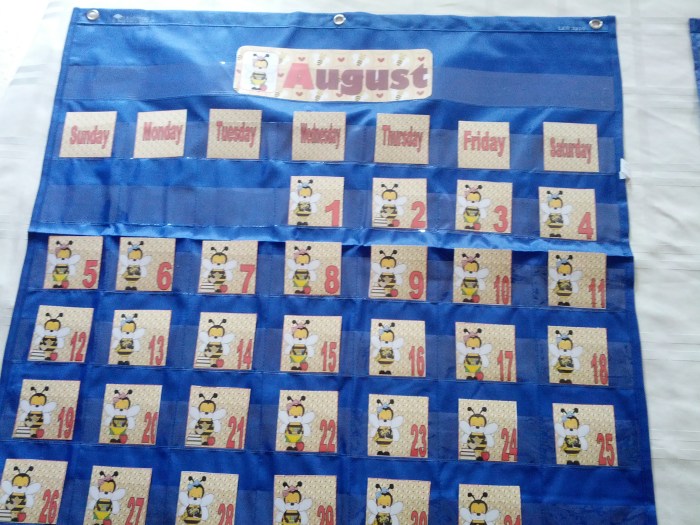
Engage students with interactive calendars that incorporate puzzles, games, and quizzes. These activities enhance learning, making the calendar a valuable educational tool.
Design interactive puzzles or games using HTML table tags. Ensure clear instructions and engaging activities that align with educational goals.
Types of Interactive Calendars
- Puzzle Calendars:Include crosswords, word searches, or logic puzzles related to the month’s theme or historical events.
- Game Calendars:Feature interactive games such as trivia, memory matching, or simulations that reinforce concepts and encourage friendly competition.
- Quiz Calendars:Provide daily or weekly quizzes that test students’ knowledge on specific topics, promoting recall and retention.
Wrap-Up
As we conclude our journey through ideas for calendars KS2, let’s embrace the power of these versatile tools to empower young minds. Whether you’re seeking to enhance historical understanding, nurture scientific curiosity, or simply provide a fun and interactive way to track progress, these calendars offer endless possibilities.
So, dive into the world of calendar creation, let your imagination soar, and inspire your students or children to embrace the joy of learning every single day.
Frequently Asked Questions
What is the purpose of ideas for calendars KS2?
Ideas for calendars KS2 provide a framework for creating engaging and educational calendars that cater to the specific needs and interests of children in Key Stage 2 (ages 7-11).
How can I use ideas for calendars KS2 in my classroom?
Ideas for calendars KS2 can be incorporated into various subjects, including history, science, art, and literacy. They can be used to reinforce concepts, track progress, and provide a fun and interactive way to review material.
What are some popular ideas for calendars KS2?
Popular ideas for calendars KS2 include monthly calendars with seasonal themes, historical event calendars, science and nature calendars, art and culture calendars, activity calendars, habit tracking calendars, goal setting calendars, inspirational calendars, personalized calendars, and interactive calendars.
